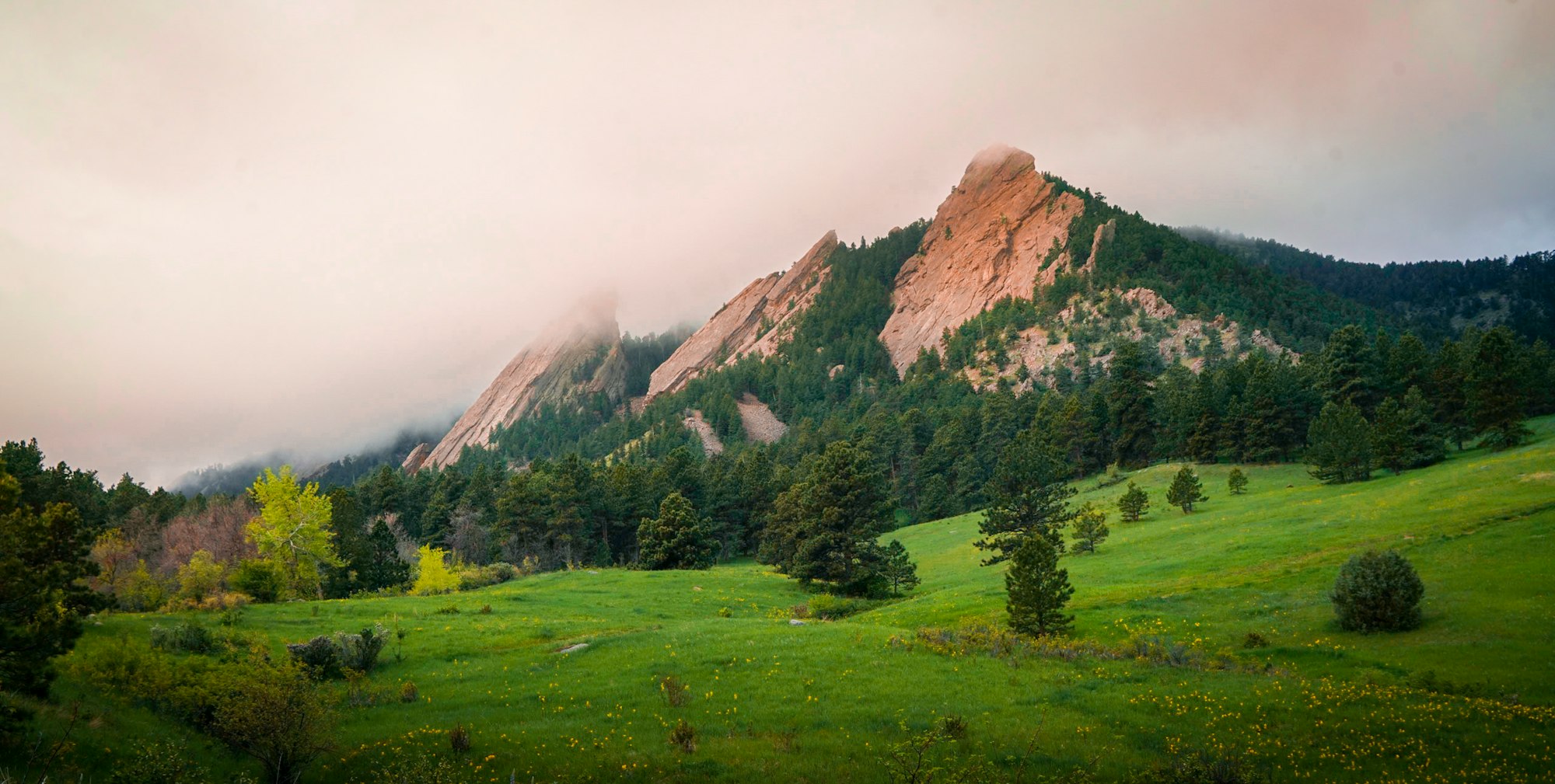On Random Violence
Appreciating our human fragility can also make us live bigger, braver lives.

For three years in the early days of the Unreasonable Institute, I lived one block from the King Soopers in Boulder, where last week’s shooting took place. I went to that store multiple times a week and knew its layout like the back of my hand: which aisle had the pasta sauce, where my favorite yogurt lived, the exact location of the Double-Stuf Oreos. The images from last week’s mass murder in that store, in my store, were particularly startling for me because everything was so familiar. I knew that parking lot, I knew those mountains, that was my home.
Whether it’s the invisible virus that has killed 550,000 people in our country, or it’s the randomness of a mass shooting in Georgia, or the AR-15 killing machine inside a grocery store known for Girl Scout cookie drives and chance encounters with neighbors, we’re being reminded that we are more vulnerable than we once thought.
As Mat Kearney, the Nashville musician, intones in one of his songs, “I guess we're all one phone call from our knees.” Somehow we've told ourselves that our safety, security, and privileged lives are set apart from the severity and trauma of this world, but it only takes one phone call to put us on our knees in disorienting, stunning grief. If we let it, this “consciousness of fragility” can send us into a small life governed by fear and avoidance.
But appreciating our human fragility can also make us live bigger, braver lives. It can push us into the arms of those around us. It can invite us to hold hands at the dinner table and go around to speak the simple words of quotidian gratitude (as my friend Sam does with his family every night). It can decenter the self and center this moment’s heartbeat. Being reminded that we are one phone call from our knees asks us to answer the question that poet Mary Oliver poses when she writes, “What is it you plan to do with your one wild and precious life?”
